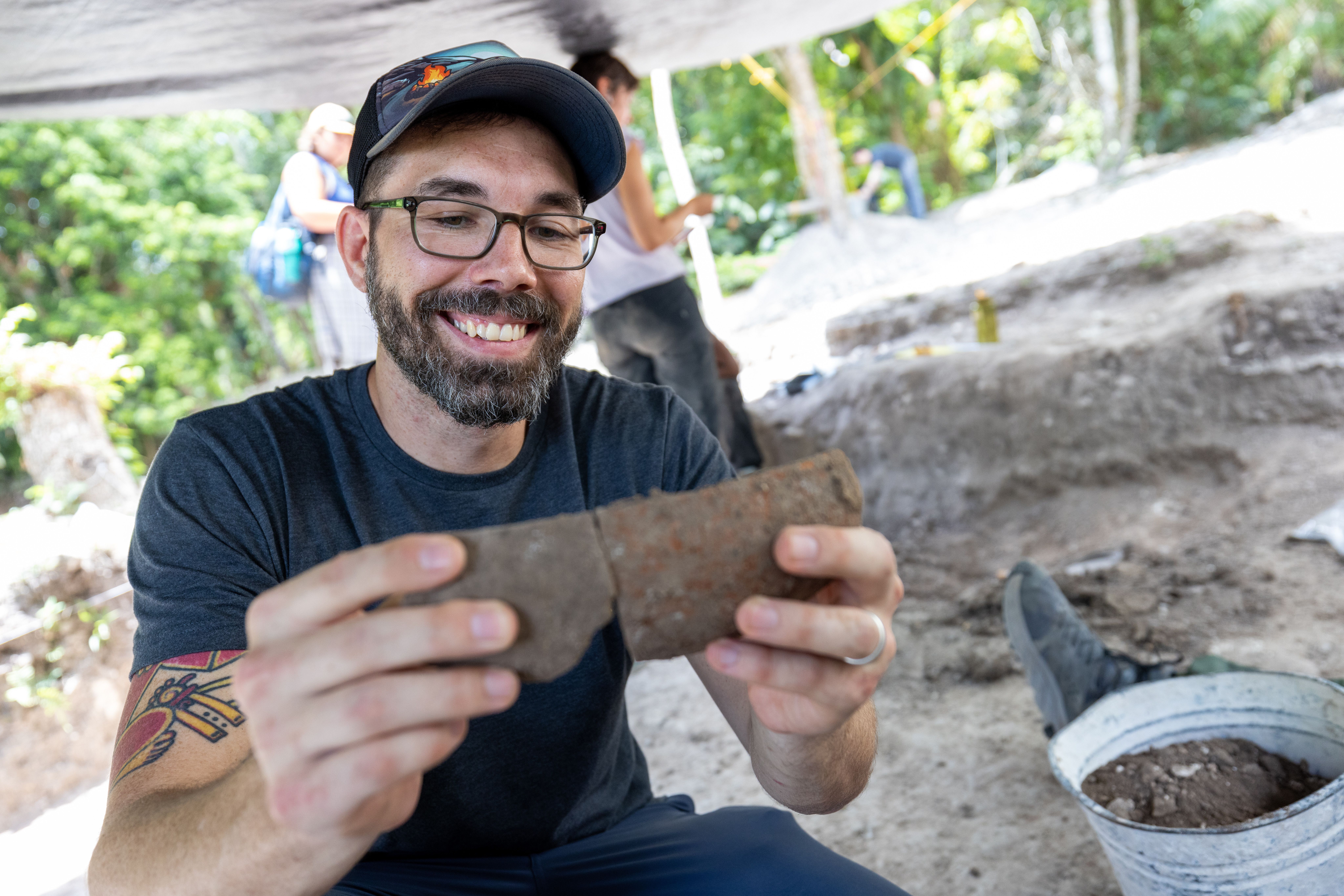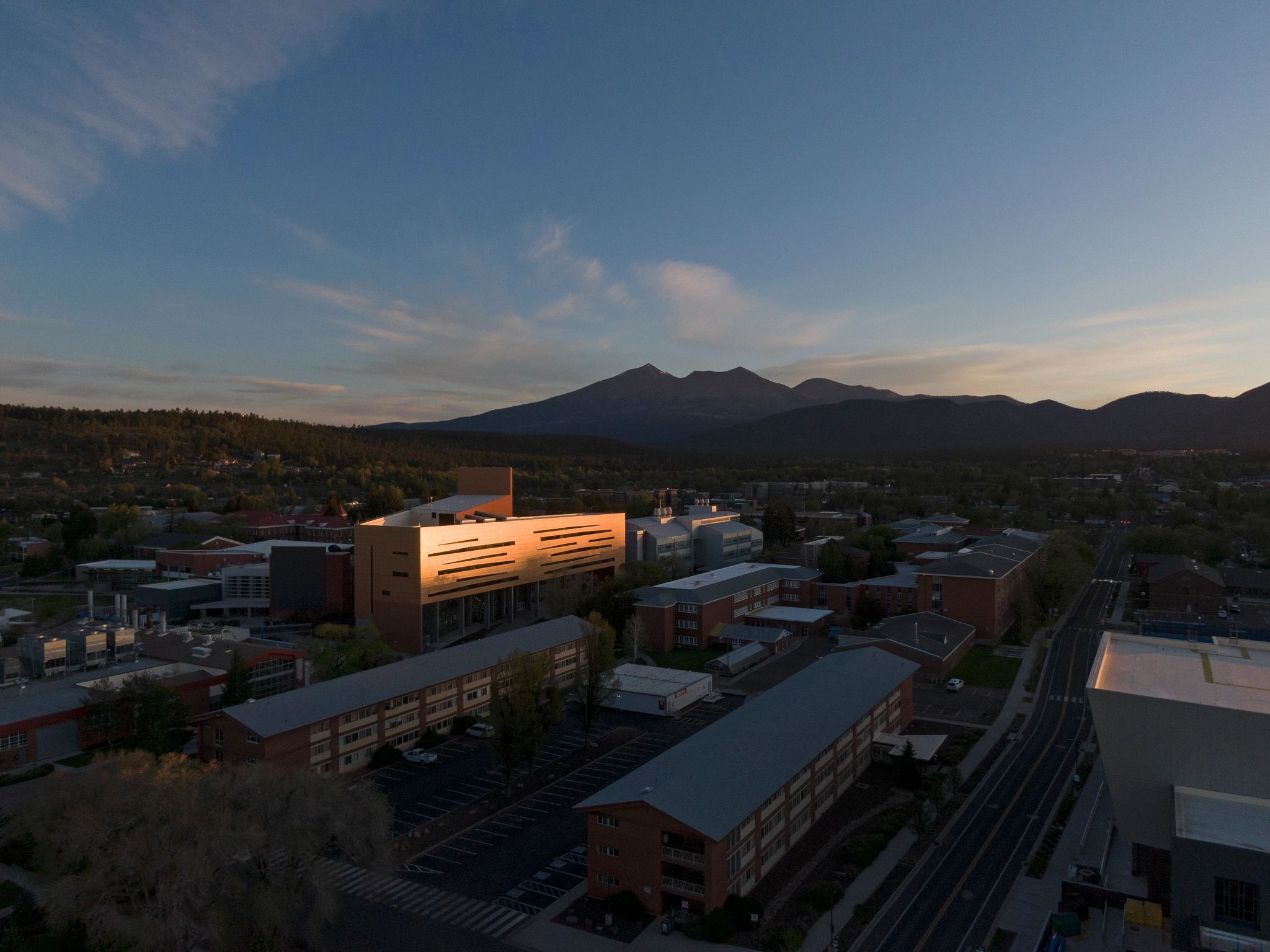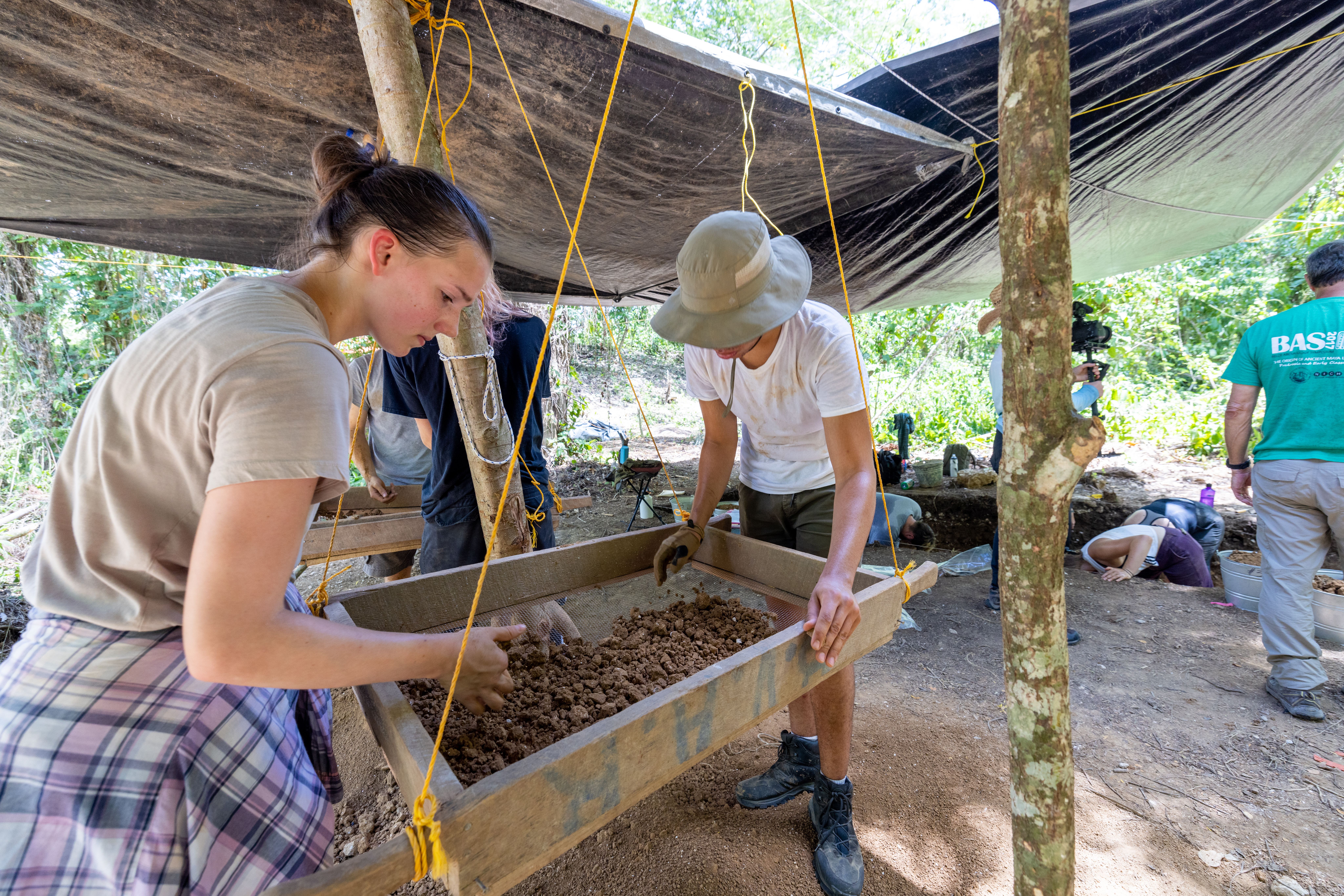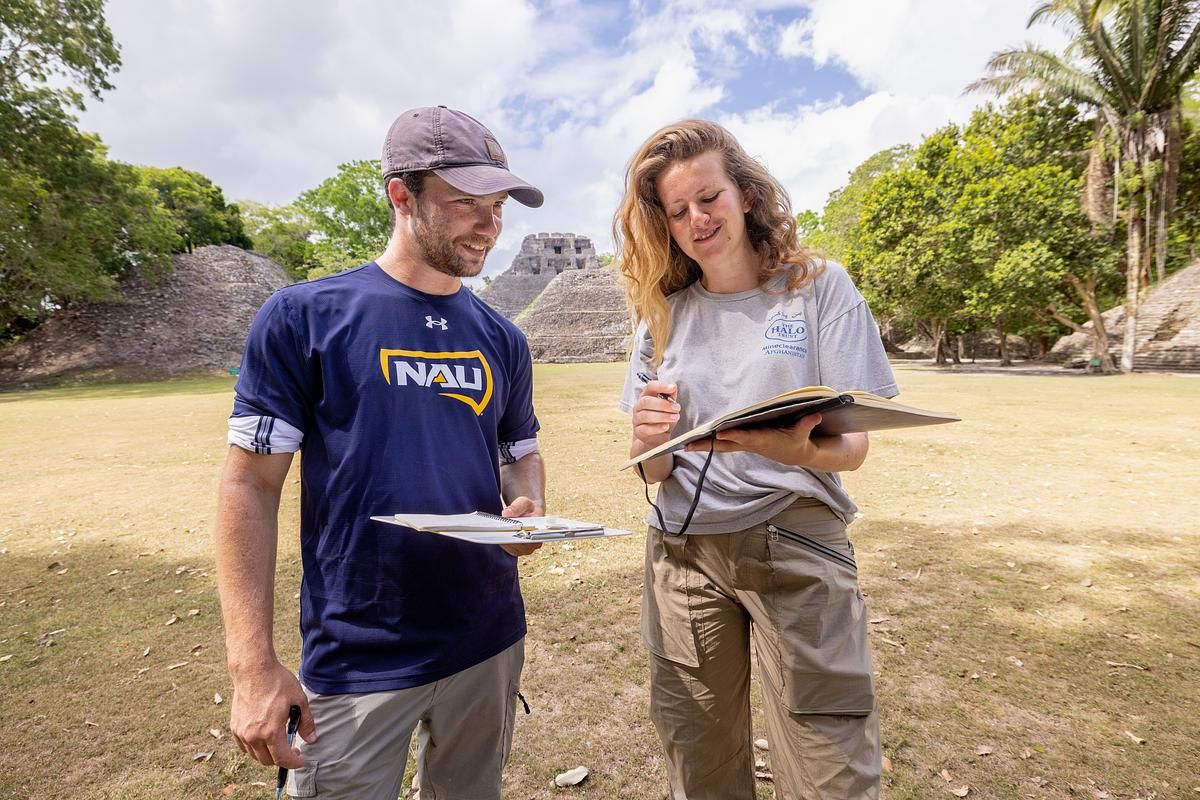Support discovery and preserve heritage
Your gift to the Department of Anthropology helps students engage in research, fieldwork, and community partnerships that deepen understanding and make a lasting difference.

Connect humanity’s past to its future as you develop the research skills and insight to drive positive, sustainable change today.
12+ on-campus labs dedicated to anthropological studies
20+ dedicated faculty mentors
Anthropology is the study of people, past and present, in all their complexity. As an Anthropology major, you’ll explore what it means to be human through cultural, biological, archaeological, and linguistic perspectives, examining how we adapt, innovate, and create meaning across time and place. By studying people, past and present, in all their complexity, you’ll learn how societies evolve and how understanding those patterns can lead to positive change. Whether you’re drawn to ancient archaeology or modern forensic investigation, you’ll gain the skills to apply your curiosity in museums, nonprofits, labs, government agencies, and beyond.
At NAU, you won’t just study humanity, you’ll help expand our understanding of it. With more than 20 faculty whose research spans the globe, you’ll join a collaborative environment where curiosity leads to discovery and impact.
From the Digital Archaeology Lab to the Social Science Forensic Lab, research and practice are deeply intertwined at NAU’s Department of Anthropology. You’ll get to engage in practice-based work through more than a dozen on-campus laboratories, field schools in places like Belize and Peru, and community partnerships with organizations like Center for Health Equity Research, U.S. Forest Service, and the National Park Service.
As an Anthropology major at NAU, you will:
Connect with every aspect of anthropology, from biology to linguistics and archaeology to culture, with more than a dozen different labs on the Flagstaff campus. These labs provide experiential learning opportunities like analyzing artifacts, processing biological samples, and using cutting-edge tools like 3D modeling, digital mapping, and isotopic analysis. Within these labs and the classroom, you’ll be encouraged to collaborate across disciplines to explore connections between anthropology, ecology, health, and policy.
Field schools take the hands-on experience even further, immersing you in the stories and discoveries that define human experience. Find out where you could uncover artifacts at an early logging site, study ancient civilization while on the ancient ground, or explore ancient lifeways and modern transitions.
As one of the first applied anthropology programs in the nation, NAU extends its reputation as a visionary institution. This unique, innovative graduate experience is as much about community as it is about discovery, connecting you with people and projects that make anthropology come to life. With robust funding for research and conference travel, you’ll have the chance to present your work on national and international stages and collaborate with professionals across the globe.
Faculty mentorship is at the heart of the Department of Anthropology. You’ll be supported by thoughtful faculty mentors who will help you find projects that align with your passions and goals.
From your first course to your final capstone project, you’ll learn to ask meaningful questions and present thoughtful answers, skills that open doors in any field. You’ll design and carry out original research, gain field and lab experience, and develop professional strengths in communication, cultural awareness, and critical thinking. Whether your path leads to archaeology, health, museums, nonprofits, education, or public service, you’ll graduate with the ability to understand people more deeply and use that understanding for good.
The Department of Anthropology at NAU offers exceptional support to make transformative experiences possible. More than $250,000 in endowed funds help cover research costs, field school participation, and conference travel. Graduate teaching assistantships and lab positions provide additional professional growth and financial support.

"My experiences at NAU prepared me for my current job as an archaeology project manager in the CRM field. I felt that they really wanted each of us to succeed, and they were always there to lend assistance in any way necessary. In my opinion, it was a tough graduate school, but I wouldn’t change a thing about it. I could not have picked a better program."


Be part of a program that explores humanity to improve it. Apply to NAU’s Department of Anthropology and start your journey toward understanding and shaping the human story.

Your gift to the Department of Anthropology helps students engage in research, fieldwork, and community partnerships that deepen understanding and make a lasting difference.